Discover Your Zodiac Animal and Its Meaning in Japanese Culture
Have you ever wondered what your Japanese zodiac sign is and what it says about you? Just like horoscopes in the West, the Japanese zodiac offers a rich tradition of symbolism, personality traits, and compatibility insights. Let’s dive into how you can discover your Japanese zodiac, its meaning, and how it fits into Japanese culture today.
Overview of the Japanese Zodiac System
Japan’s zodiac system known as 干支 (eto) has its roots in ancient Chinese astrology. It includes twelve zodiac signs (十二支, jūnishi) each represented by an animal. These animals cycle every twelve years forming part of a 60-year calendar system (sexagenary cycle) that also includes ten calendar signs (jikkan), combining to form jikkan junishi.
The zodiac plays a major role in Japanese traditions, especially around New Year’s when people exchange greetings and gifts themed around the coming year’s animal. These signs are also linked to specific personality traits and are used in everything from predicting luck to choosing compatible partners.
The Twelve Zodiac Animals and Their Meanings
Each of the twelve zodiac signs represents a set of personality traits. Here they are, in order:
-
Nezumi (Rat) – Clever, adaptable, resourceful 🐀
- Ushi (Ox) – Patient, dependable, strong 🐂
-
Tora (Tiger) – Brave, competitive, unpredictable 🐅
-
Usagi (Rabbit) – Kind, gentle, artistic 🐇
-
Tatsu (Dragon) – Confident, ambitious, charismatic 🐉
-
Hebi (Snake) – Wise, elegant, intuitive 🐍
-
Uma (Horse) – Energetic, independent, impulsive 🐎
-
Hitsuji (Sheep) – Calm, sympathetic, gentle 🐑
-
Saru (Monkey) – Curious, witty, mischievous 🐒
-
Tori (Rooster) – Honest, punctual, perfectionist 🐓
-
Inu (Dog) – Loyal, sincere, cautious 🐕
-
Inoshishi (Boar) – Brave, honest, straightforward 🐗
📝 Fun Fact: In Japan the final animal is the wild boar (inoshishi), while in the Chinese zodiac it’s often translated as "pig."

Each sign also connects to elements such as wood, fire, earth, metal, and water (gogyō 五行) in the broader zodiac elements framework.
How to Determine Your Japanese Zodiac Sign
To find your zodiac animal, you need your birth year. The Japanese zodiac follows a 12-year cycle, corresponding to one of the 12 animals each year. For example:
- 2000 – Dragon
- 2001 – Snake
- 2002 – Horse
- (…and so on)
Note: The zodiac year traditionally begins with Chinese New Year which usually falls between late January and mid-February. If you were born in January or early February, check the lunar calendar to confirm which year you belong to.
Japan also tracks years by imperial eras such as Heisei (1989–2019) and Reiwa (2019–present). Tools and charts are available online to convert Japanese era years to the Gregorian calendar.
Japanese Zodiac in Language and Culture
The zodiac appears widely in Japanese language and tradition especially around New Year’s celebrations. You'll often hear phrases like:
- 干支 (eto) – Zodiac animal
-
十二支 (jūnishi) – 12 branches/animals
Zodiac animals are featured on greeting cards, decorations, and even postage stamps. You may also see them at temples and shrines during the kanreki ceremony, a 60th birthday celebration marking one full zodiac cycle.
Comparison with Western Zodiac Signs
The Japanese zodiac and the Western zodiac (星座, seiza) are both used in Japan, but they are quite different. Here’s how they compare:
| Feature | Japanese Zodiac (干支) | Western Zodiac (星座) |
|---|---|---|
| Cycle | 12 years | 12 months |
| Symbols | Animals | Constellations |
| Based on | Birth year | Birth month and date |
| Calendar | Solar (Gregorian)* | Solar (Gregorian) |
| Cultural highlights | New Year, Kanreki | Birthdays |
*Note: The Japanese zodiac was originally based on the lunar calendar, but now follows the solar (Gregorian) calendar meaning the zodiac year starts on January 1 in Japan, unlike the Chinese zodiac which still follows the lunar new year.
Western zodiac signs are also familiar in Japan with their names translated and commonly used in horoscopes. For example:
-
Aries – 牡羊座 (Ohitsujiza)
-
Taurus – 牡牛座 (Oushiza)
-
Gemini – 双子座 (Futagoza)
- …and so on for all twelve signs
Both systems offer horoscope predictions, but the Japanese zodiac is more commonly used for personality analysis and compatibility over a long-term cycle while the Western zodiac is tied to monthly sun signs.
Final Thoughts
So, what’s your Japanese zodiac? Whether you're a curious Rabbit, a loyal Dog, or a dynamic Dragon, understanding your zodiac sign opens a unique window into Japanese culture and beliefs. It’s a fun and insightful way to connect with tradition while exploring personality from a new perspective.
Find your zodiac animal and join the conversation in Japanese culture! 🇯🇵
For even more information on Japanese culture, check out our articles on the Maneki Neko Cat (Lucky Cat), its origins, and the meaning of its colors!





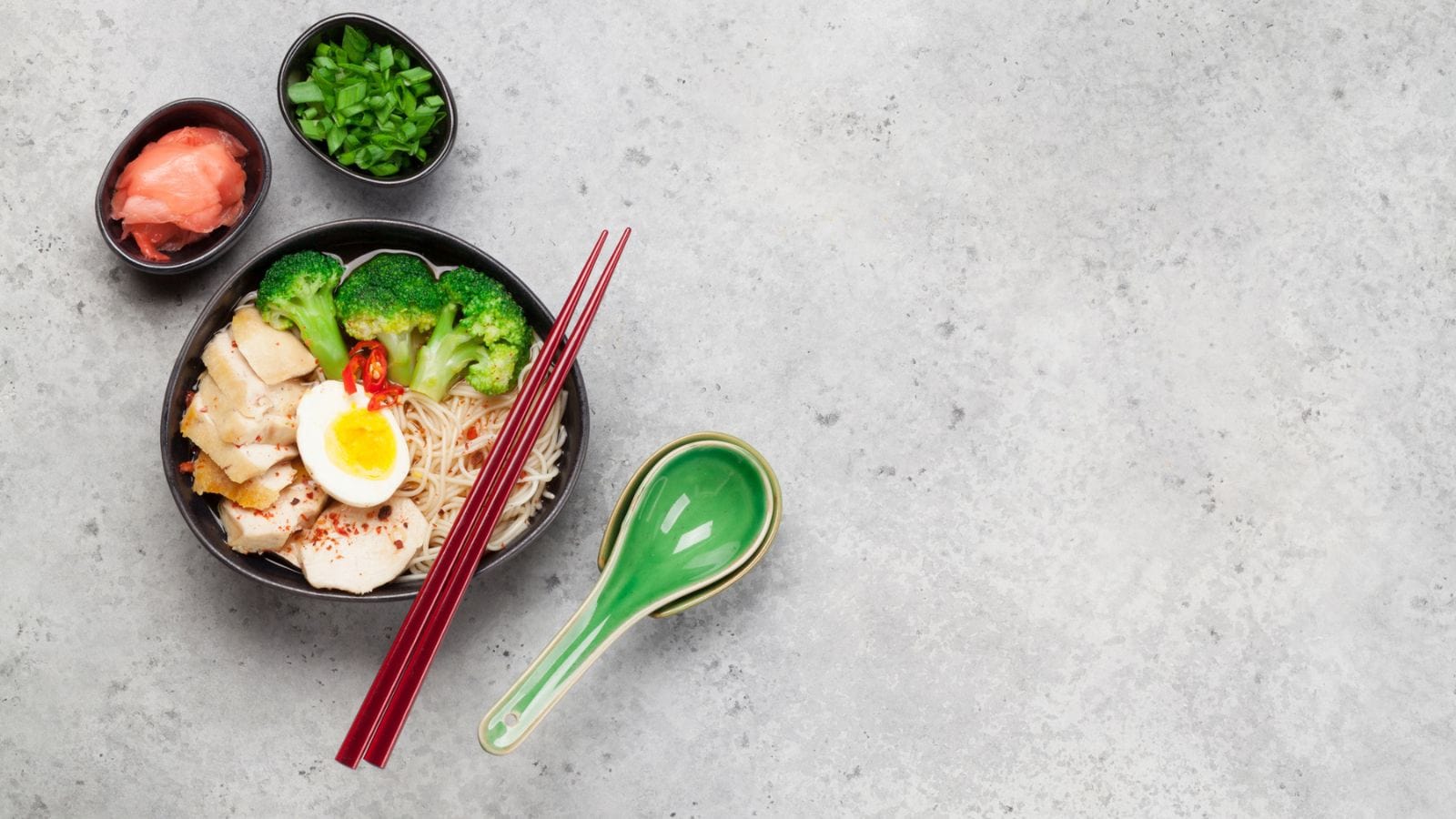
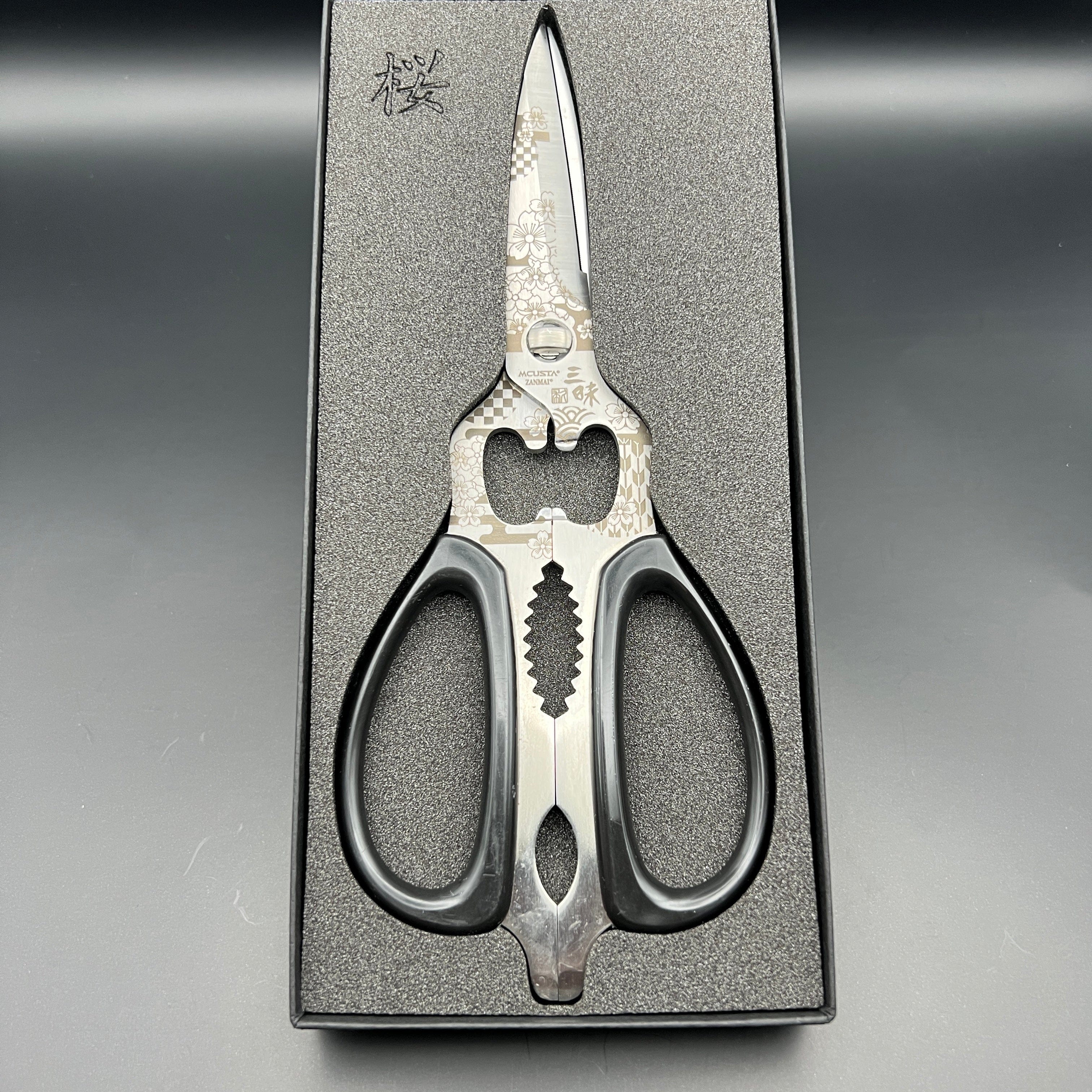
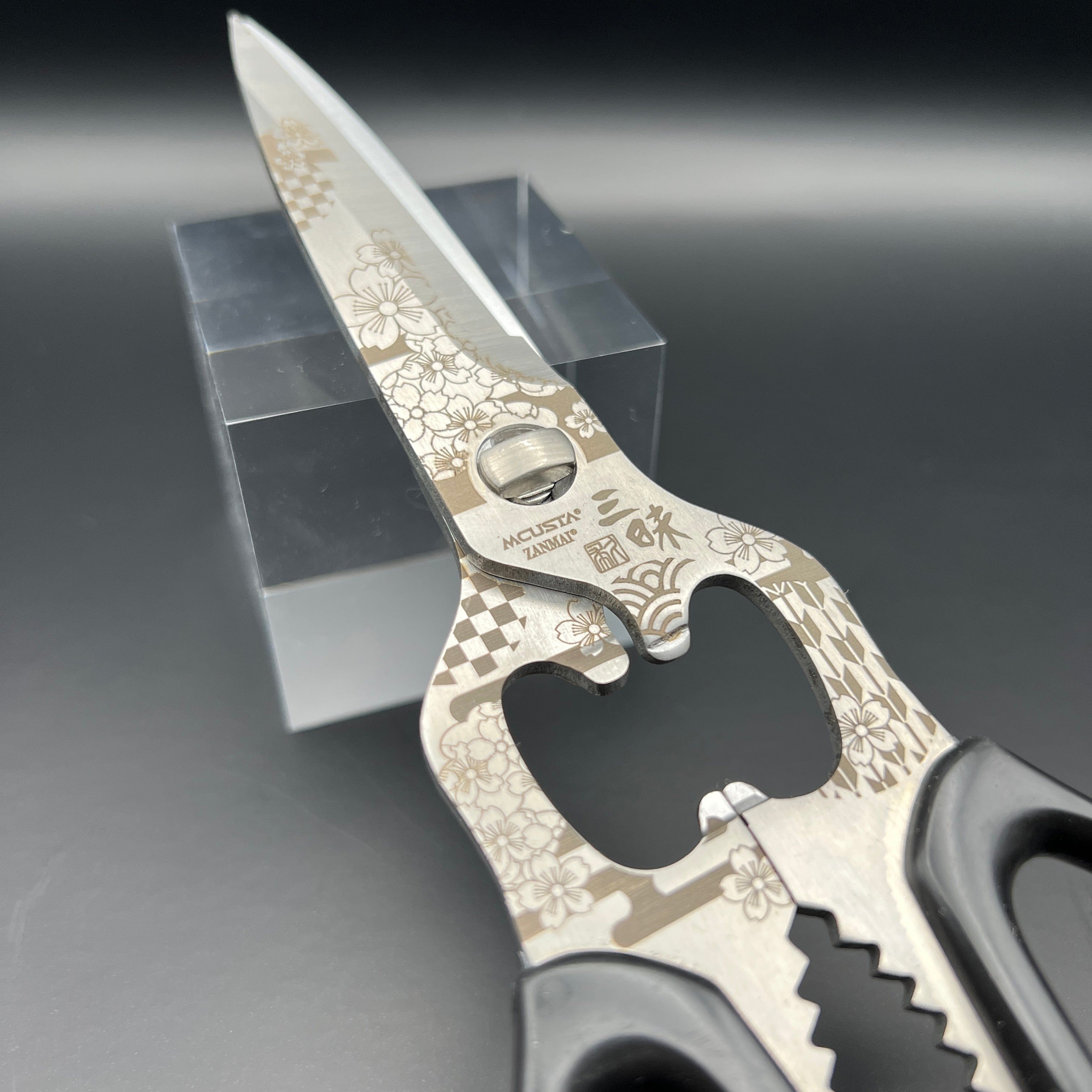
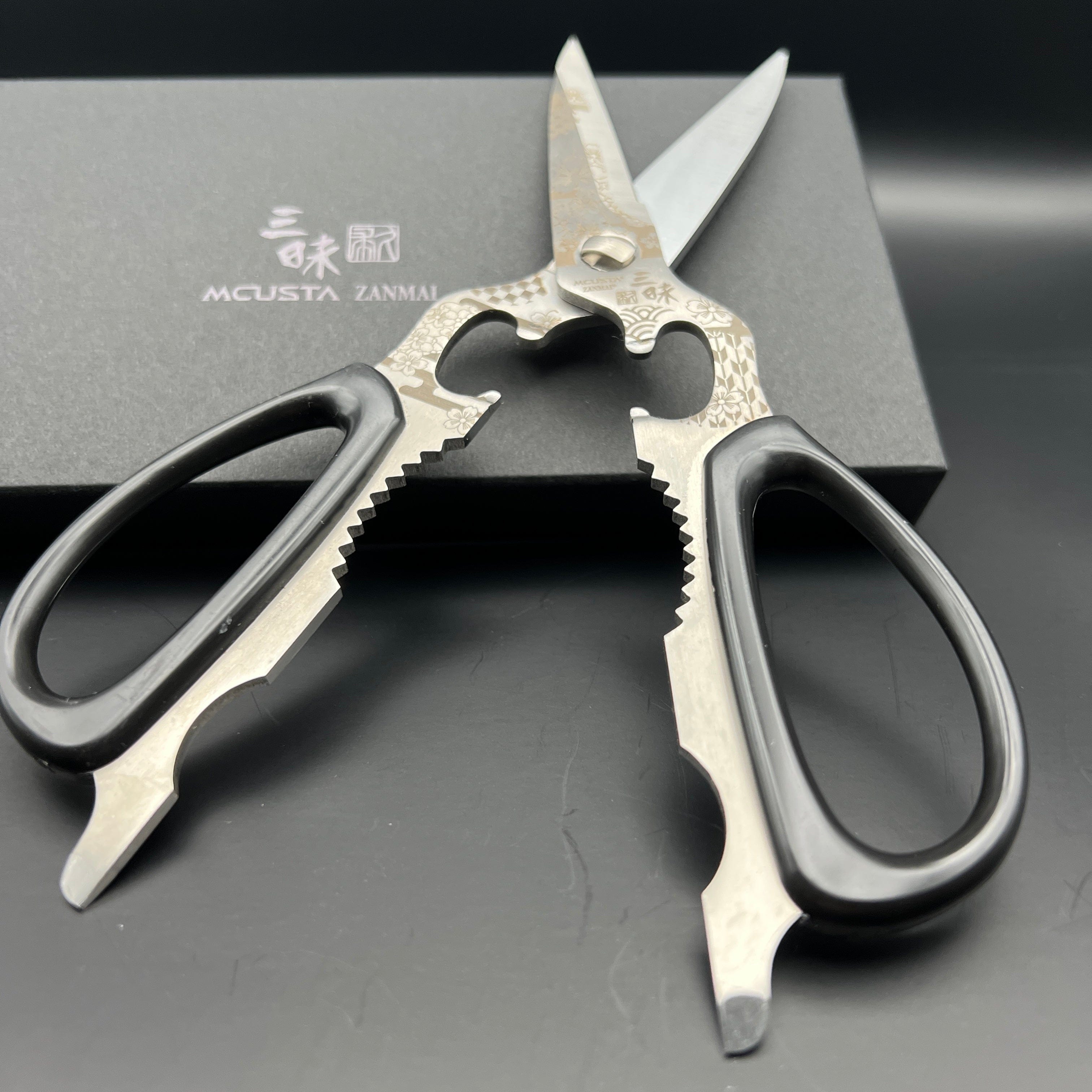
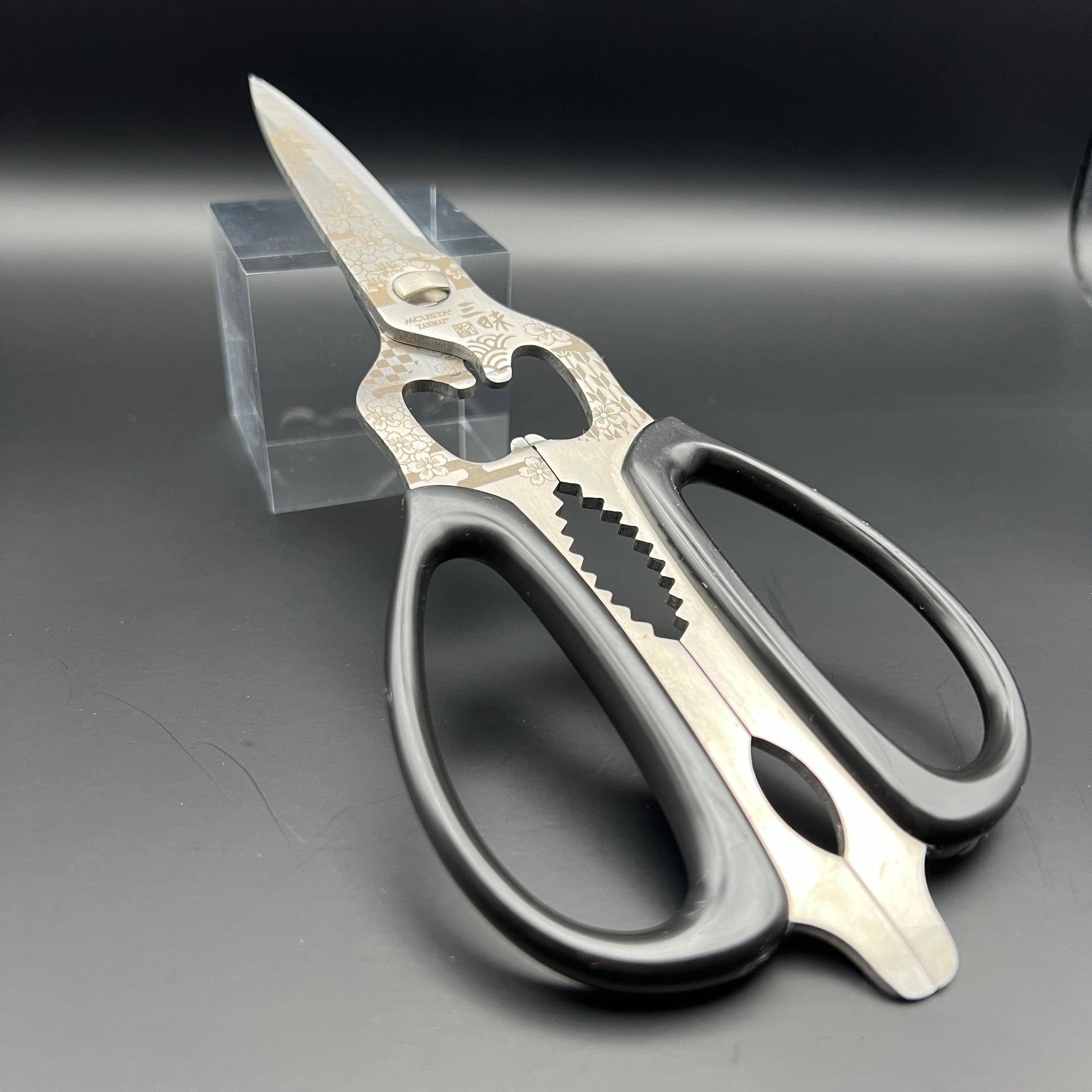
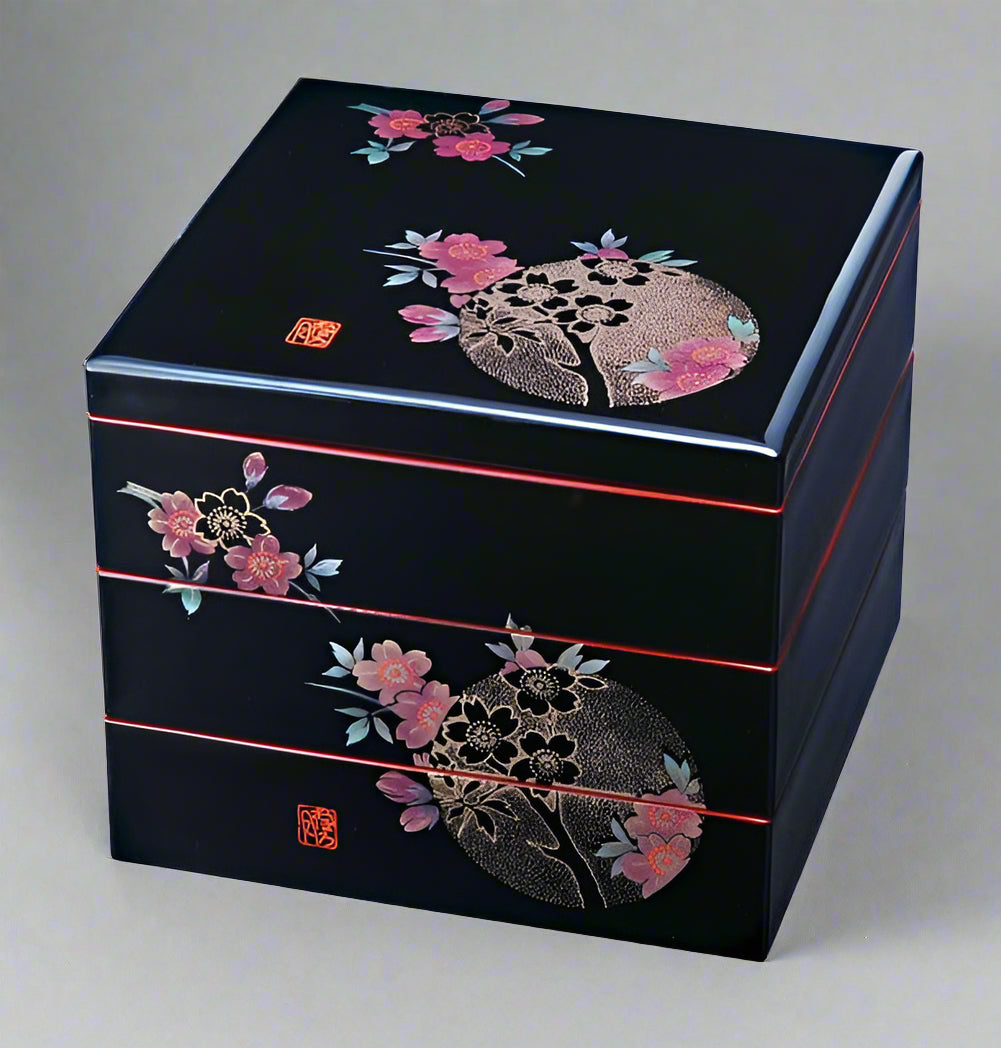
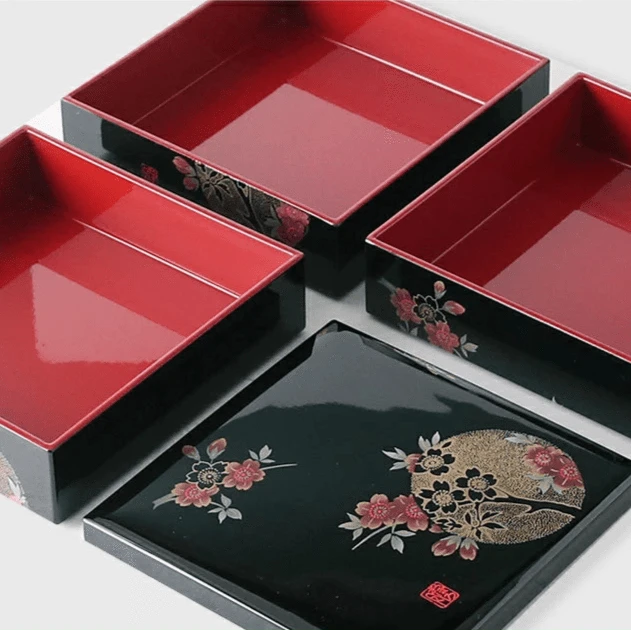
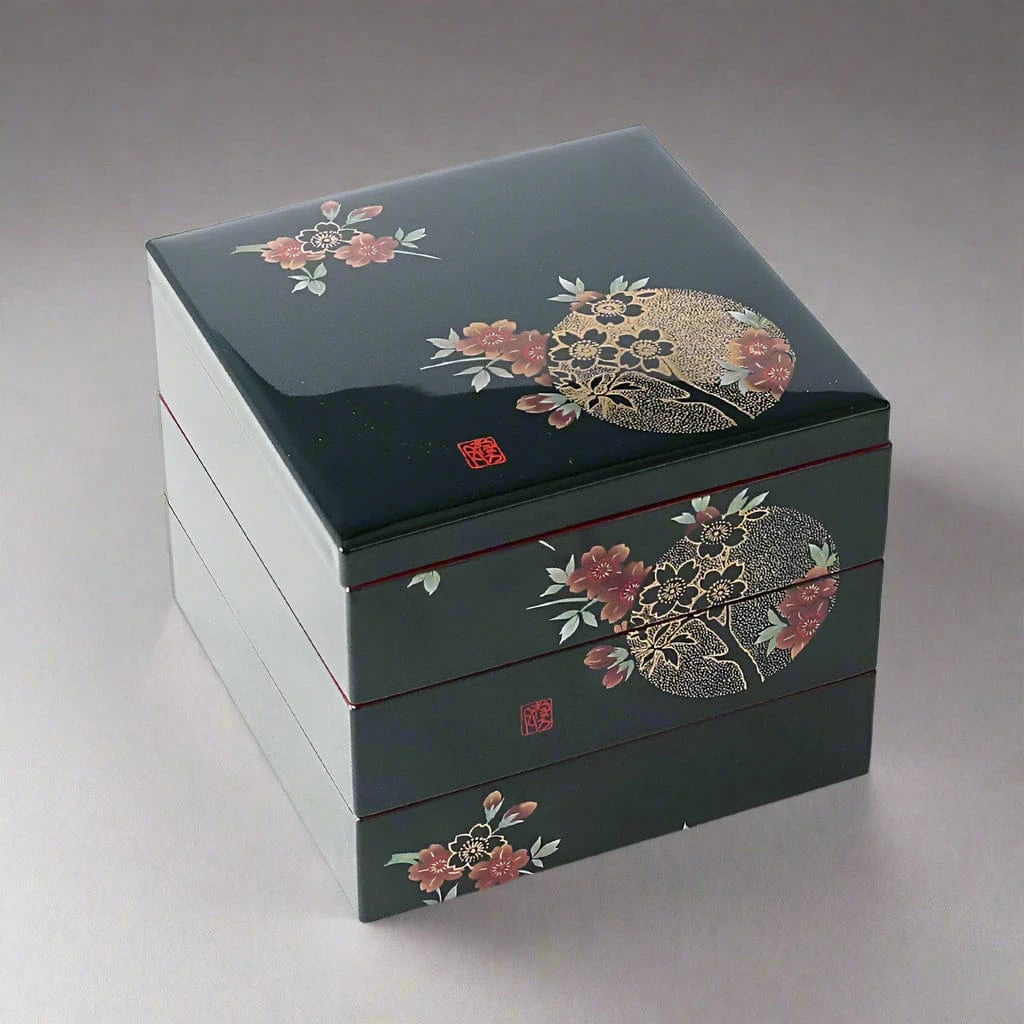
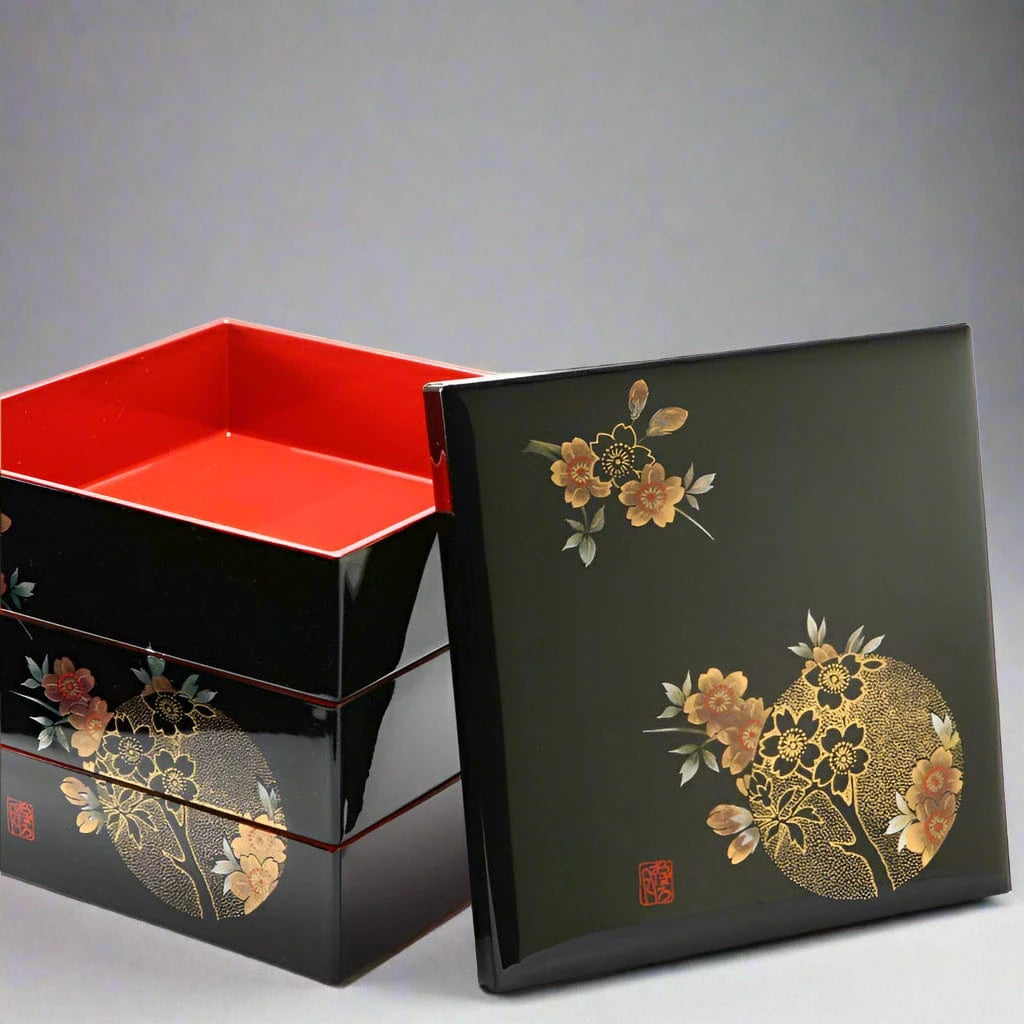
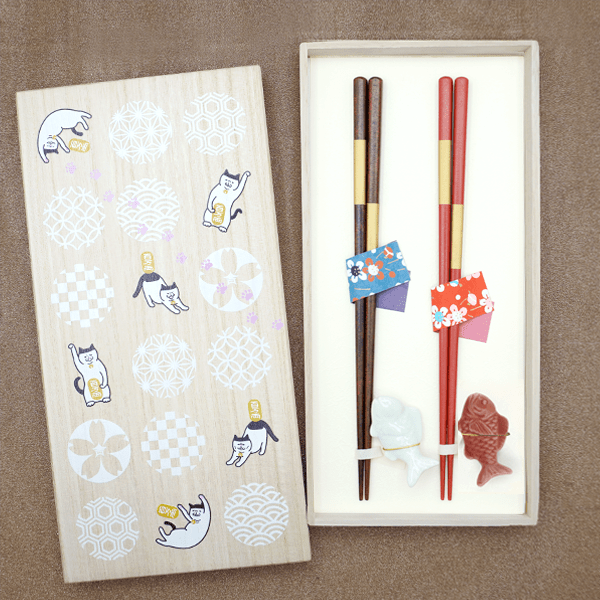
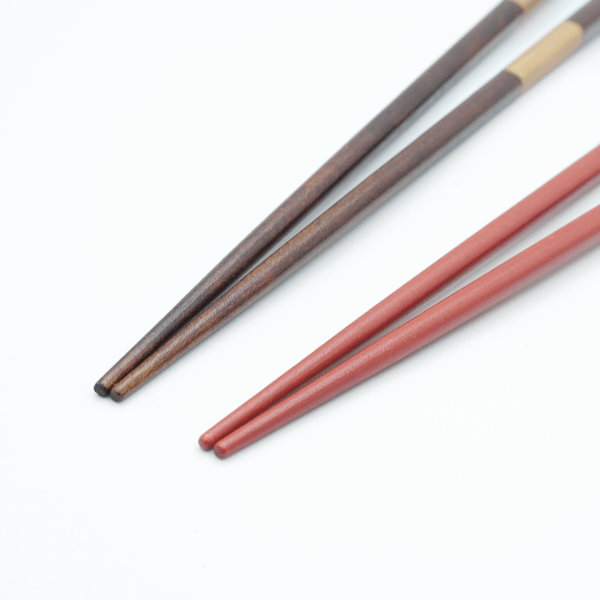
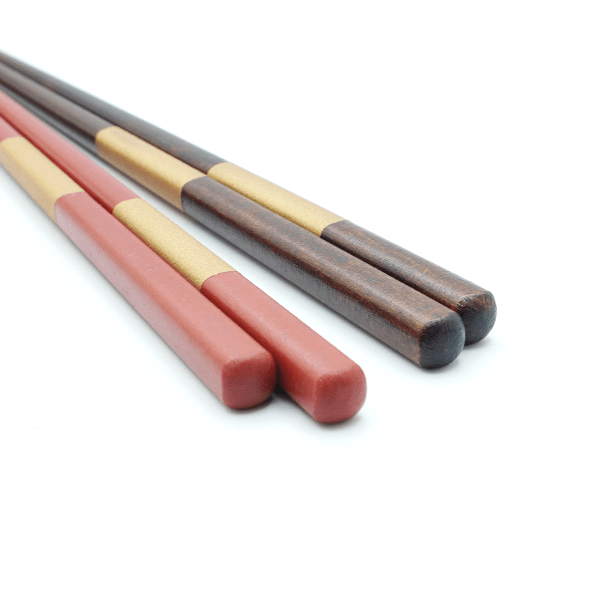
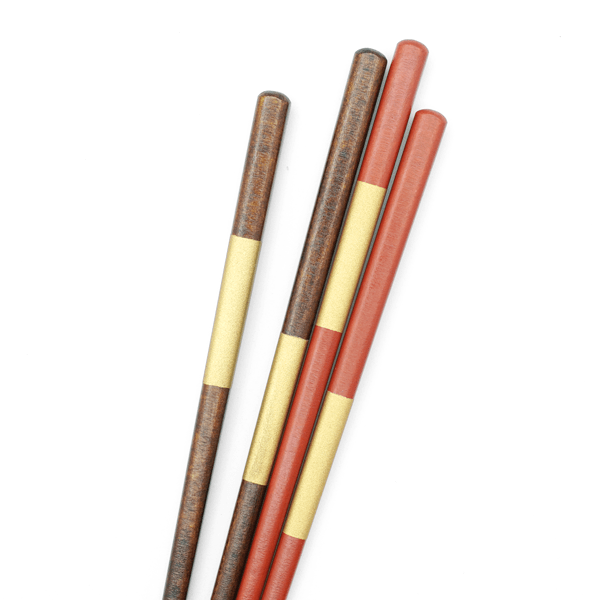
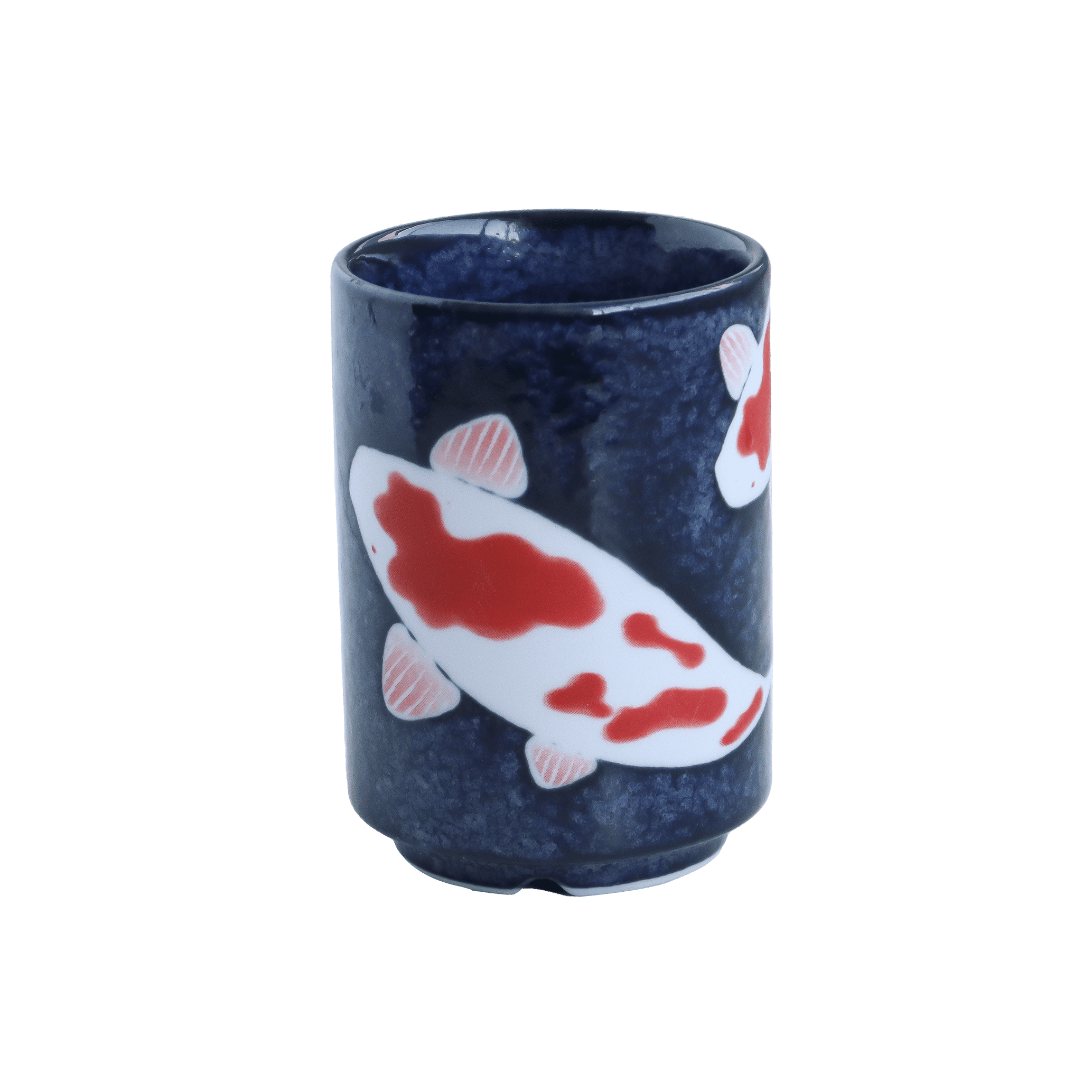
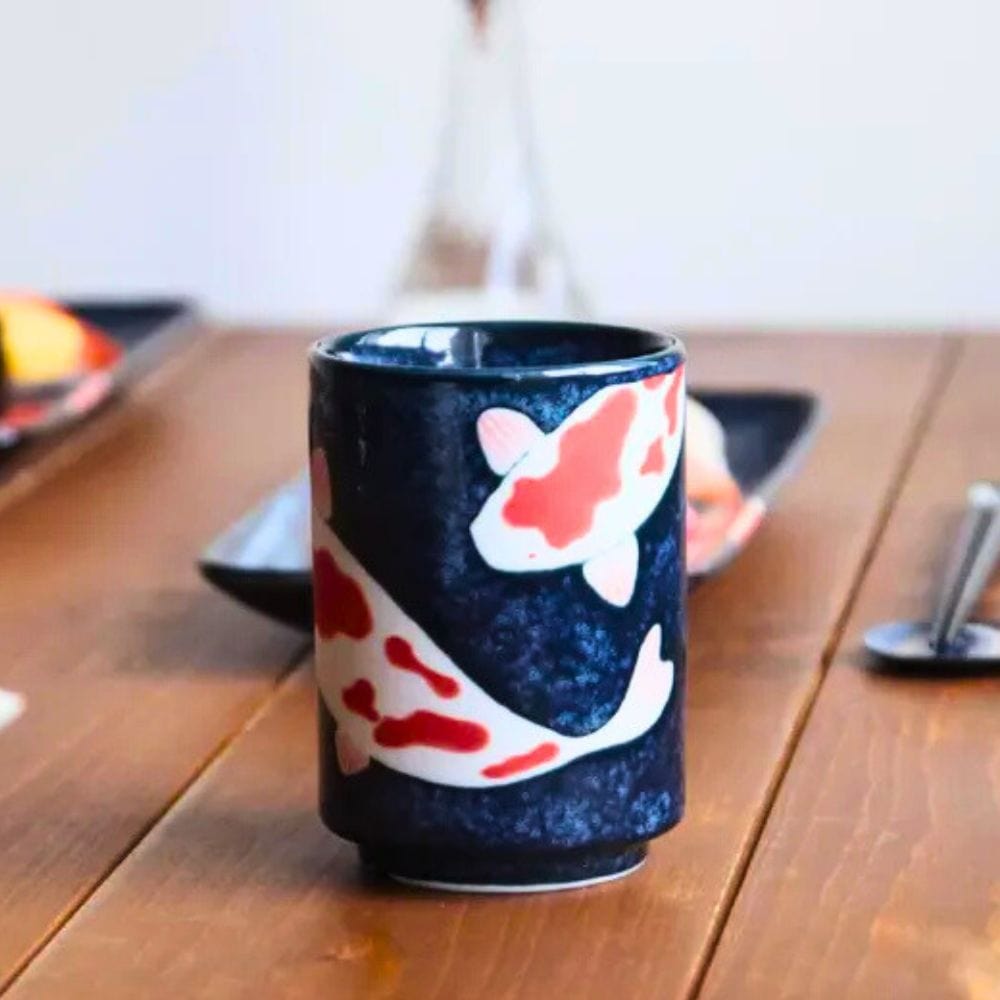
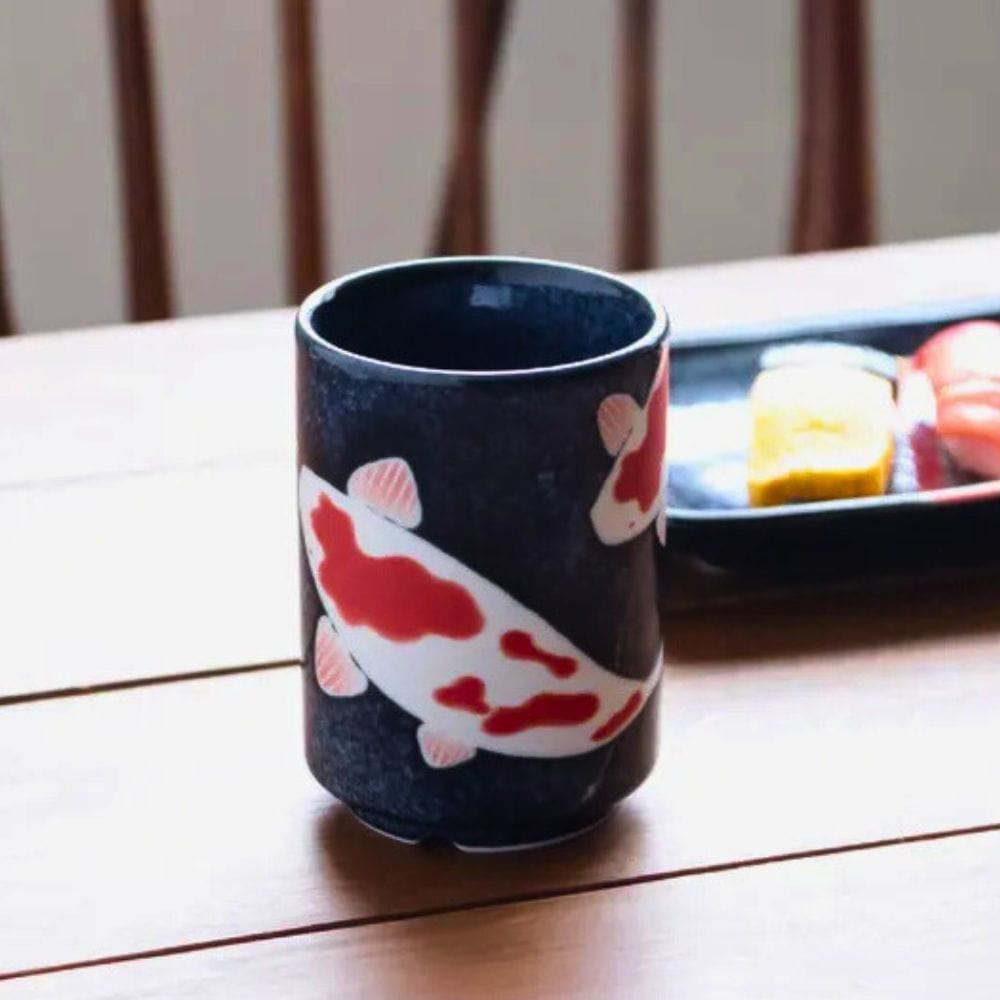
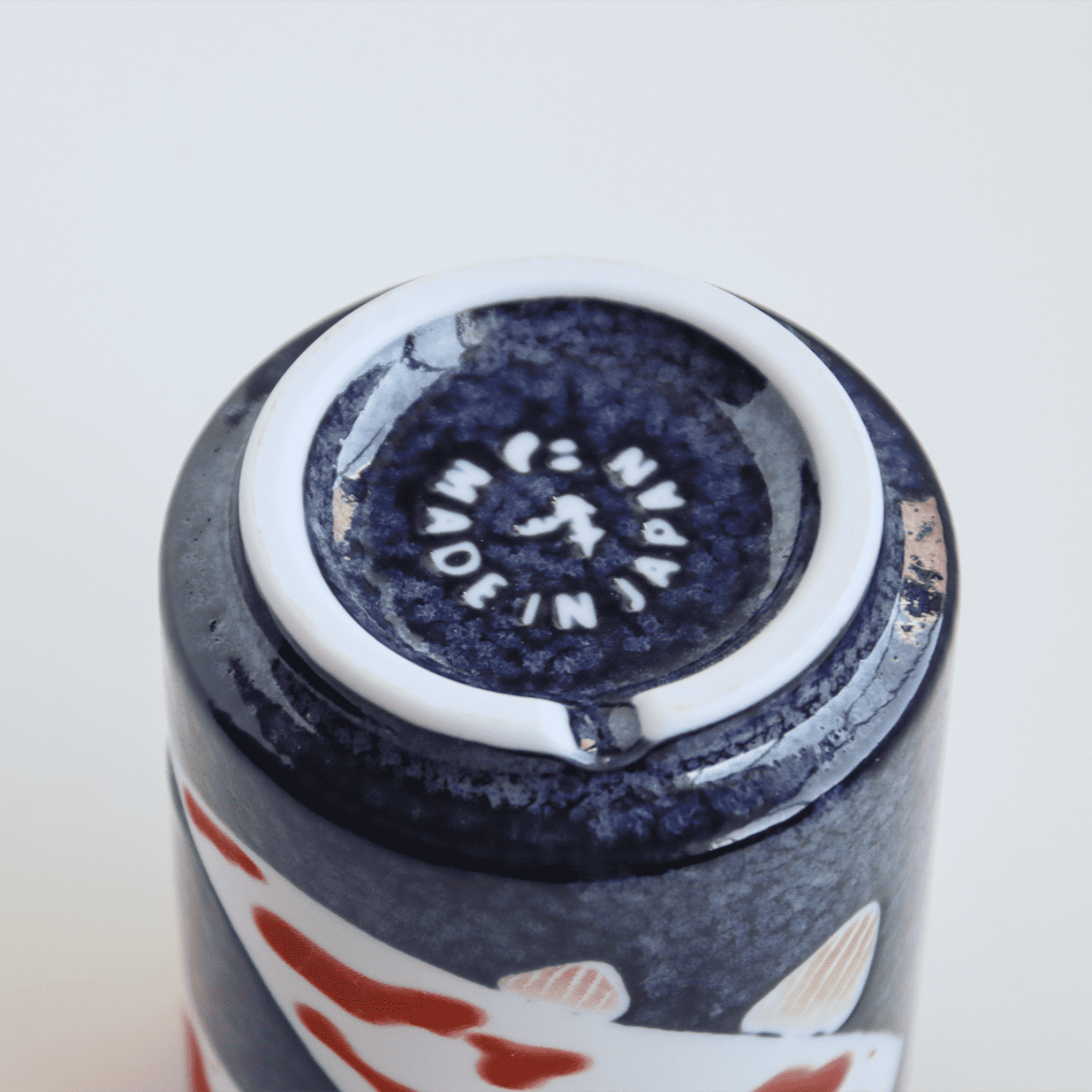
Share: